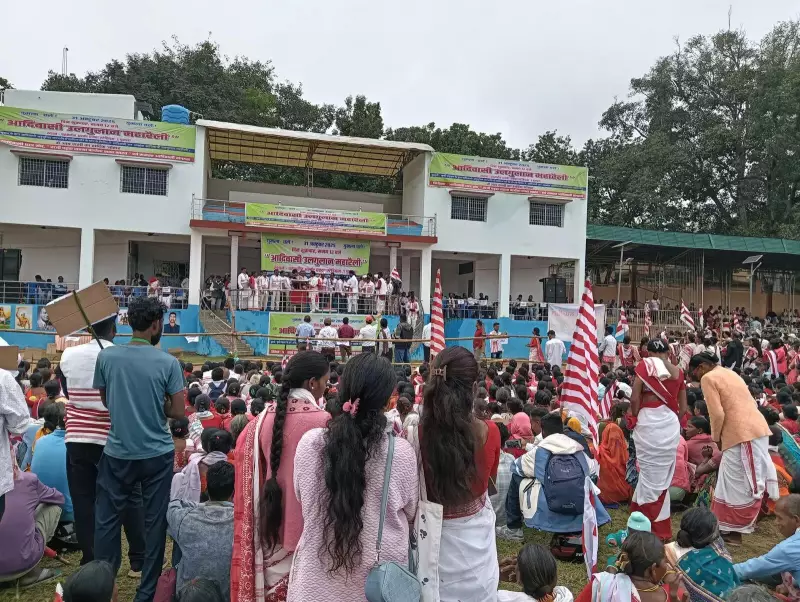
Gumla district in Jharkhand has become the epicenter of a heated controversy as tribal communities staged massive protests against the Kurmi community's persistent demand for Scheduled Tribe (ST) status. The demonstration, which saw significant participation from various tribal groups, unfolded near the Gumla collectorate, bringing administrative activities to a temporary standstill.
Why Tribal Communities Are Protesting
The core issue revolves around the potential implications of granting ST status to the Kurmi community. Tribal representatives argue that this move would dilute their exclusive rights and access to benefits meant for historically marginalized indigenous populations.
"We cannot allow our constitutional safeguards to be compromised," stated a tribal leader during the protest. "The ST status is not just about reservations; it's about preserving our identity, culture, and the protections our ancestors fought for."
The Kurmi Community's Perspective
The Kurmi community, primarily engaged in agriculture and classified as Other Backward Classes (OBC), has been campaigning for ST status for years. They argue that their socio-economic conditions and historical marginalization warrant inclusion in the Scheduled Tribe category.
However, tribal groups remain unconvinced, expressing concerns about increased competition for limited resources including:
- Government job reservations
- Educational institution quotas
- Political representation
- Land rights and forest resources
Administrative Response and Security Measures
Local authorities have heightened security across Gumla district to prevent any escalation of tensions. Police forces have been deployed in sensitive areas, and administration officials are engaging with community leaders from both sides to find an amicable solution.
"We are monitoring the situation closely and urge all parties to maintain peace," said a district administration official. "Dialogue remains our preferred approach to resolve this sensitive matter."
Broader Implications for Jharkhand
This protest highlights the complex dynamics of identity politics and resource allocation in India's tribal-dominated states. The outcome of this conflict could set a precedent for similar demands from other communities across Jharkhand and neighboring states with significant tribal populations.
As the debate continues, both sides remain firm in their positions, leaving the district administration with the challenging task of balancing competing interests while maintaining social harmony in the region.





